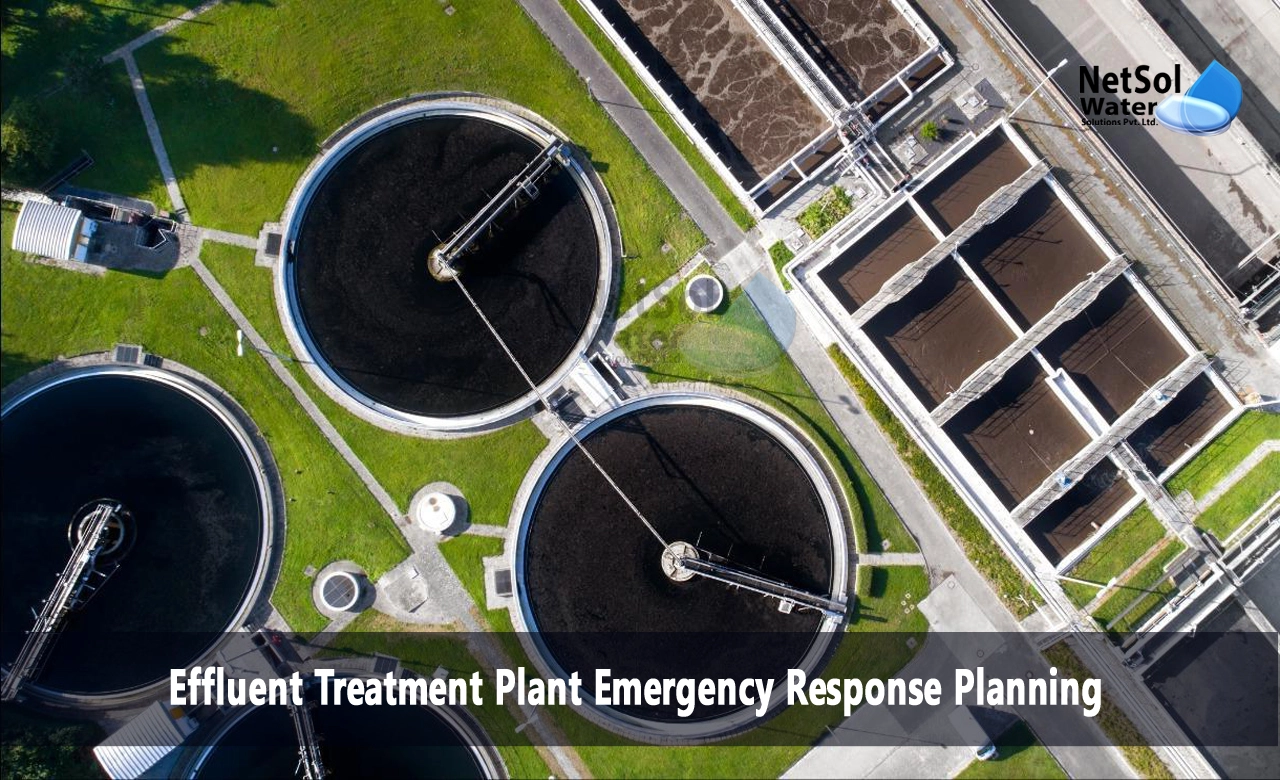Effluent Treatment Plant Emergency Response Planning
While effluent treatment facilities strive to operate reliably through comprehensive process controls and safety protocols, their very nature processing hazardous industrial and municipal wastewater streams creates potential for emergency incidents. Whether contending with chemical releases, fires, severe weather impacts, utility failures, or other crisis scenarios, adequate preparation is paramount to protect human life, infrastructure assets, and environmental integrity. Developing and implementing thorough emergency response plans integrating equipment provisions, designated trained personnel, coordination with outside agencies, and periodic practice drills empowers effluent plants to effectively manage an array of potential emergencies.
Regulatory Compliance and Risk Assessment
Multiple regulatory standards like EPA's Risk Management Program Rule and Department of Homeland Security directives outline emergency preparedness requirements for effluent treatment plants handling hazardous substances or located in sensitive areas. Facilities must evaluate their specific risks through hazard assessments, modelling, and quantitative analyses identifying potential release scenarios, hazard zones, impacted populations/environments, and resource needs for mitigation. This analysis governs subsequent emergency response planning around communication, evacuation, decontamination, medical aid, coordinated incident command structure, and more.
On-Site Incident Management System
The core emergency response plan designates an on-site Incident Commander and supporting roles like safety officers, public information officers, operations section chiefs, and staging area managers comprising the Incident Management Team (IMT). This hierarchical ICS/IMS structure coordinates appropriate actions through centralised command, control, and communication channels. Facilities establish central command posts, dedicated communications capabilities, control centres with monitoring systems, technical support resources, and equipment/supply staging areas for emergency deployments. Drills reinforce team proficiency.
Specialised Equipment Provisions
Effluent treatment plants maintain caches of specialised emergency equipment for chemical containment, fire suppression, medical response, search/rescue, and environmental protection deployable by trained personnel. This includes PPE for chemical exposures, supplied air systems, neutralising agents, spill control materials, decontamination tools, resuscitators, detection instruments, and mobile command assets. Adequate inventory reserves accommodate worst-case scenarios. On-site pre-staged equipment is supplemented by coordinating access to off-site local resources teams, environmental cleanup contractors, heavy machinery, etc.
Mutual Aid Support From Partners
No single effluent plant possesses the ability to manage all potential emergencies independently. Hence, establishing mutual aid support networks with surrounding municipal agencies, industrial allies, and specialised commercial response teams is vital. Treatment facilities maintain updated listings of compatible external capabilities, including coordinated Incident Command roles/responsibilities, communication channels, shared asset staging locations, chemical data exchange, and reimbursement frameworks. Joint response teams regularly conduct full-scale exercises simulating major incident cooperation.
Community Impact Mitigation
A core component of emergency plans focused on surrounding communities involves communications procedures for rapidly informing residents about incidents through various channels like alert systems, media outlets, hotlines and social media. Protocols manage public protective actions, including shelter-in-place, evacuation, exclusion zones, air monitoring, decontamination, and re-entry authorisation. Representatives coordinate with schools, hospitals, infrastructure operators, and local businesses. Prudent community engagement efforts educate populations on potential hazards and proper responses ahead of time to alleviate panic.
Netsol Water's Emergency Preparedness Solutions
Netsol Water provides emergency response planning services, helping effluent treatment plants across the complete preparedness life cycle. Our safety professionals and technical subject matter experts conduct in-depth hazard studies utilising advanced modelling and risk quantification methodologies satisfying all regulatory requirements. This analysis informs customised emergency response plan development covering on-site Incident Command Systems, equipment/PPE selection, training materials, mutual aid agreements, and community preparedness initiatives. Annual staffing, system audits, and full-scale drill design maintain constant readiness.
Conclusion
While processing hazardous effluent streams creates inherent safety risks, an adequately prepared facility can manage potential emergencies through well-designed response capabilities. Combining regulatory-compliant risk assessments with robust, customised emergency action plans, properly equipped personnel, coordinated outside agency support networks, and comprehensive community preparedness programs provides effluent plants with proven resilience. Continually validating readiness through equipment inspection and team drills sustains proficiency across all roles. With experienced partners like Netsol Water providing life cycle support, effluent facilities can implement industry best practices confidently, mitigating the potential impacts of credible worst-case scenarios.
Netsol Water is Greater Noida-based leading water & wastewater treatment plant manufacturer. We are industry's most demanding company based on client review and work quality. We are known as best commercial RO plant manufacturers, industrial RO plant manufacturer, sewage treatment plant manufacturer, Water Softener Plant Manufacturers and effluent treatment plant manufacturers. Apart from this 24x7 customer support is our USP. Call on +91-9650608473, or write us at enquiry@netsolwater.com for any support, inquiry or product-purchase related query.



